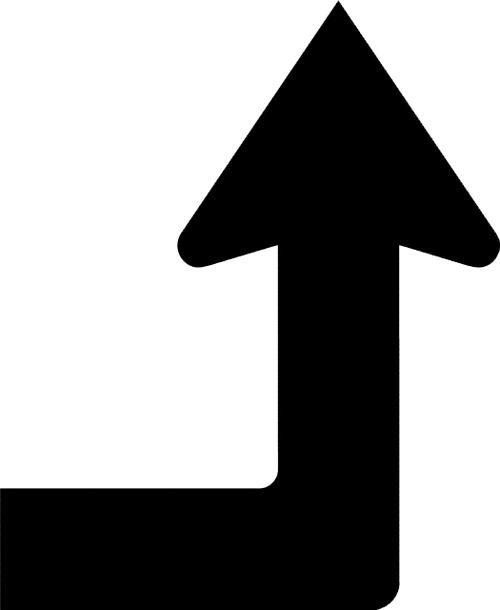It’s a truism that what we see about the world is a small fraction of all that exists. At the simplest level of physics and biology, our senses are drastically limited; we only see a narrow spectrum of electromagnetic waves, and we only hear a narrow band of sound. We don’t feel neutrinos or dark matter at all, even as they pass through our bodies, and we can’t perceive microscopic objects. While science can help us overcome some of these limitations, they do shape how we think about the world. Ziya Tong takes this idea and expands it to include the parts of our social and moral worlds that are effectively invisible to us — from where our food comes from to how we decide how wealth is allocated in society.
Ziya Tong received a B.A. in psychology and sociology from the University of British Columbia, and an M.A. in communications from McGill University. She has served as host, writer, director, producer, and reporter from a number of science programs, most notably Daily Planet on Discovery Canada. She is a Trustee of the World Wildlife Fund, and served on the Board of WWF Canada. Her book The Reality Bubble: How Science Reveals the Hidden Truths that Shape Our World was published in 2019.
Interview:

No comments:
Post a Comment